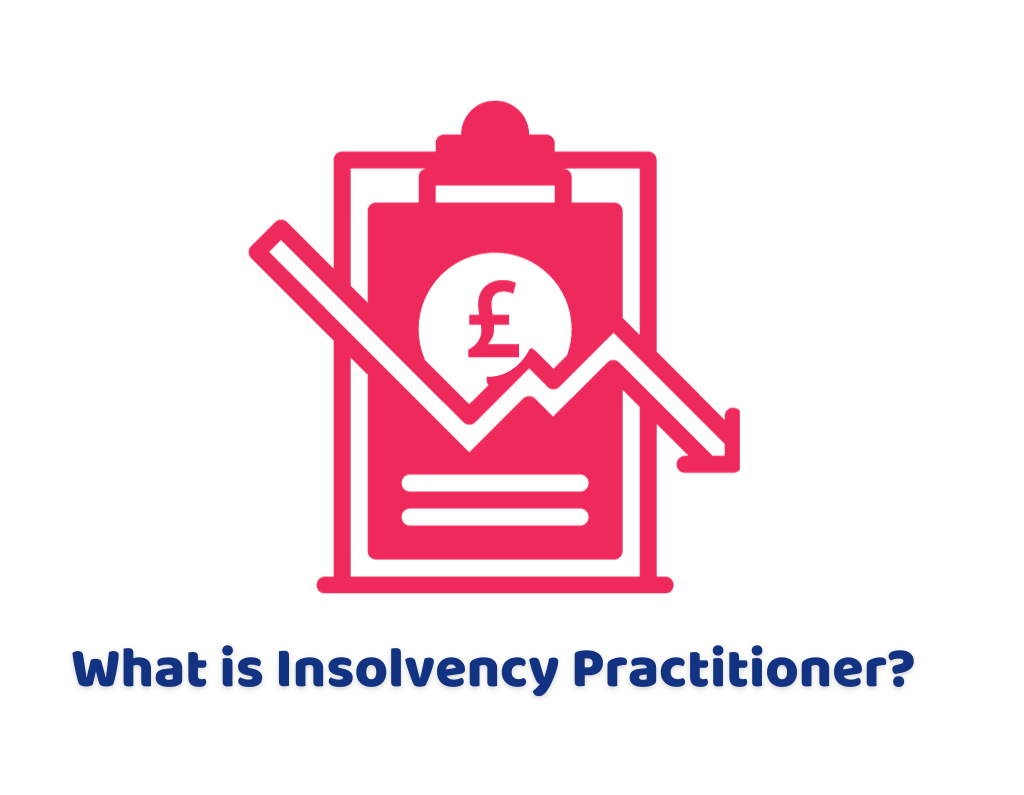Little Known Facts About Insolvency Practitioner.
Little Known Facts About Insolvency Practitioner.
Blog Article
Some Ideas on Insolvency Practitioner You Should Know
Table of ContentsAn Unbiased View of Insolvency PractitionerInsolvency Practitioner Fundamentals Explained8 Easy Facts About Insolvency Practitioner ExplainedInsolvency Practitioner - TruthsInsolvency Practitioner Can Be Fun For Anyone
Whether or not you require to utilize a bankruptcy practitioner (IP) to liquidate your firm depends upon different aspects. While engaging a bankruptcy practitioner for all forms of liquidation is not a lawful need, doing so can usually improve the procedure and make sure compliance with legal needs. Liquidating a business is a critical decision that includes considerable effects.
It is a treatment utilized when a firm does not have any creditors, or all of their financial institutions can be repaid in full with legal passion. Understanding the various kinds of insolvency procedures can assist you figure out the most effective program of action for your business's liquidation or various other official bankruptcy procedures itself.
This is compulsory in order to stick to legal needs - Insolvency Practitioner. This is since IPs have the needed credentials and experience to guarantee that the liquidation process is conducted according to all suitable laws and laws. By engaging a qualified bankruptcy practitioner, you can have tranquility of mind knowing that your business's liquidation process will be taken care of properly and in compliance with the relevant lawful needs
The 8-Second Trick For Insolvency Practitioner
The bankruptcy practitioner is appointed as a liquidator and is in charge of managing the business and liquidator's financial debts outstanding responsibilities and properties. This process entails liquidating the firm's properties and distributing the earnings to creditors. Upon completion of the procedure, the firm is eliminated from the register at Companies House.
Falling short to do so can lead to personal liability for the company or director for the creditor's financial debts. Voluntary liquidation, that includes Creditors' Voluntary Liquidation (CVL) and Participants' Volunteer Liquidation (MVL), is initiated by the business's supervisors and shareholders when they can no much longer pay their financial obligations. In a CVL, the bankruptcy specialist is assigned as the liquidator, liable for managing company financial debts and all firm possessions.

How Insolvency Practitioner can Save You Time, Stress, and Money.
By assessing the experience and experience of potential insolvency practitioners, you can guarantee that you select an expert who possesses the needed qualifications to manage your firm's liquidation process effectively. While bankruptcy practitioner-led liquidation is typically one of the most proper visit the site training course of action for firms facing bankruptcy, there are alternate methods to take into consideration, such as striking off and partial liquidation.
It's necessary to review all available alternatives before picking the following best option or training course of activity for your business. Striking off firms' registers is a much more uncomplicated and economical method to shut dormant or tiny business without any debts or possessions. To strike off a business, its name is removed from the Firms Residence register by sending form DS01.
Prior to going with striking off, it's crucial to evaluate the advantages and disadvantages of this technique and consider whether it's the ideal choice for your service. Partial liquidation is one more choice to bankruptcy practitioner-led liquidation, in which a business sells off specific possessions and obligations while remaining to run with the staying possessions and liabilities.
A Bankruptcy Professional will have the ability to encourage you of the very best training course of activity to this hyperlink take and ensure that whatever runs efficiently. Regrettably, it is not possible to liquidate a company without a liquidator. Selecting an authorised insolvency expert is required for the procedure of voluntary liquidation to start.
Not known Details About Insolvency Practitioner
It is feasible to close and liquidate your firm without using a liquidator, given your company is solvent and you satisfy the qualification needs to liquify or liquidate it. If your business is insolvent, you may be required to utilize a liquidator and start formal insolvency treatments. Below are some other helpful write-ups regarding business liquidation in the UK:.
Remaining in a setting where you're incapable to pay your business's creditors is exceptionally stressful. In an effort to avoid enhancing the level of financial debt, lots of business try to discuss straight with their lenders and accept a casual plan. If the financial debt is rather little and owed to one lender, and the lender is being participating, click here for more getting in into an informal debt setup is most likely the ideal service, rather than searching the internet for 'an insolvency practitioner near me'.
On the various other hand, if there are multiple financial institutions and the level of financial obligation is huge, financial institutions might not be so eager or participating. To avoid liquidation or insolvency, it is better to employ an insolvency practitioner to draw up formal proposals and bargain with creditors on your part.
Examine This Report about Insolvency Practitioner
Whilst it is a way to handle financial obligation, there are substantial dangers involved with this type of financial obligation plan - Insolvency Practitioner. If a creditor agrees to participate in an informal setup (IA) where the borrower has agreed to make regular, if lower, payments to pay back the financial obligation, it is very important to stick to the contract

The lender is within their rights to back out of the contract and petition the courts for your company to be sold off at any type of time. An official setup that has been proposed by an insolvency practitioner on your behalf, and agreed by a financial institution, supplies a much safer option.
Report this page